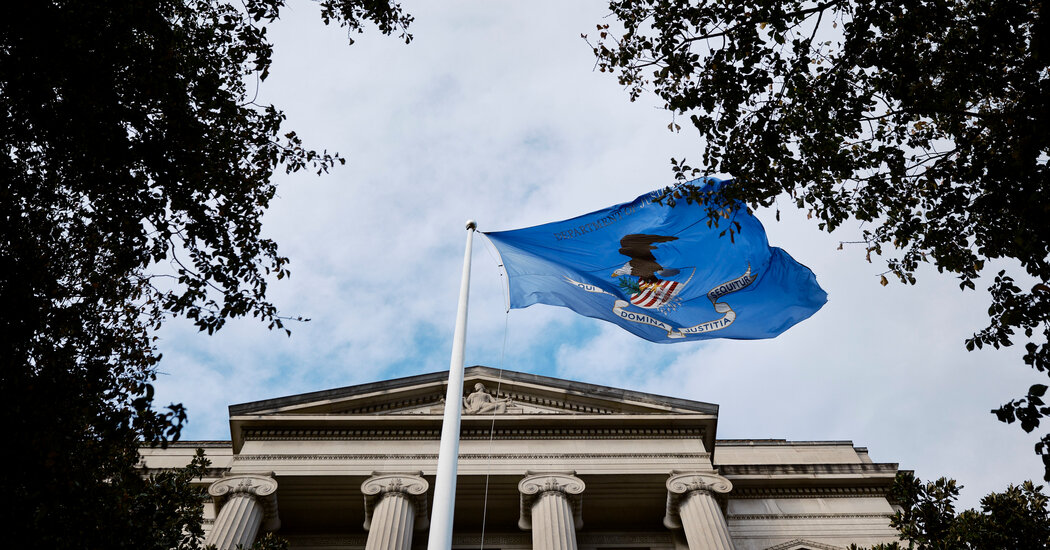Neither party ended up being all that happy with the independent counsel structure, becoming convinced it was a blank check that led to endless invest
Neither party ended up being all that happy with the independent counsel structure, becoming convinced it was a blank check that led to endless investigations. Republicans were soured by Lawrence Walsh, the independent counsel who investigated President Ronald Reagan and the Iran-contra affair, while Democrats grew disenchanted by Ken Starr, whose Whitewater investigation morphed into the impeachment of President Bill Clinton for lying under oath about an affair with a former White House intern.
By the end of Mr. Clinton’s administration, there were seven independent counsels investigating him or his top officials, and the law was allowed to lapse in 1999. Instead, the Justice Department created a regulation for the appointment of special counsels who would answer to the attorney general and therefore less likely to wander too far afield.
But the experience of Robert S. Mueller III, the special counsel who investigated Mr. Trump’s campaign for ties to Russia, underscored for many the weakness of this structure as well. Since a special counsel reports only to the attorney general, it still falls to a president’s appointee to decide any legal action.
Because of a longstanding Justice Department opinion that a president cannot be prosecuted while in office — a judgment crafted under two presidents who faced allegations, Nixon and Mr. Clinton, and never tested in court — Mr. Mueller opted not to say whether he thought Mr. Trump had committed obstruction of justice even though his final report included evidence that the president had.
Moreover, the results of a special counsel investigation are not required to be released to the public nor even submitted to Congress. In the Russia case, Attorney General William P. Barr agreed to make public a redacted version of Mr. Mueller’s report, but only after framing its contents in terms favorable to Mr. Trump and declaring that there was no obstruction case, moves that drew howls of protest from Democrats.
If there has yet to be a structure, then, that has won wide acceptance as a rational and independent way to investigate a president or other important figure, the Mueller case demonstrated how hard it will be to ever separate politics from prosecutions. Even Mr. Mueller, a former F.B.I. director and lifelong Republican with an impeccable reputation as a straight shooter, saw his reputation marred by the relentless attacks from Mr. Trump and his partisans.
In November 2017, after Mr. Mueller had spent nearly six months as special counsel, 58 percent of Americans polled by The Washington Post and ABC News approved of his performance while 28 percent disapproved, a 30-point net approval. By February 2019, shortly before he sent his report to Mr. Barr, his approval rating had fallen to 51 percent and his disapproval had risen to 34 percent, for a 17-point net approval.
www.nytimes.com
